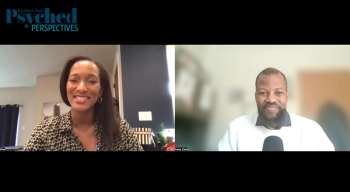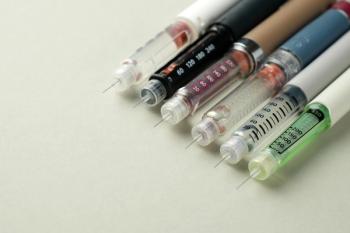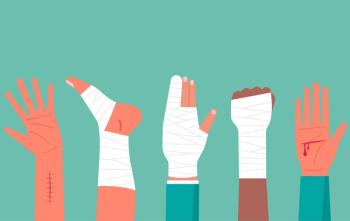
Is Media Training Suicide Prevention?
Key Takeaways
- Media training is essential for psychiatrists to counteract misinformation and enhance suicide prevention efforts.
- Trust is fundamental in psychiatry, and misinformation on social media can erode this trust, impacting patient care.
Today is World Suicide Prevention Day. Media training emerges as a vital tool for psychiatrists, enhancing suicide prevention efforts and combating misinformation in mental health.
MEDIA MASTERY WITH DR MENA
Is it possible that the most urgent tool for suicide prevention today is not a new medication or therapy, but media training?
Imagine being a psychiatrist in a psychiatric emergency department. You have the most effective screening tools, evidence-based treatments, and a carefully crafted intervention plan. Yet if your patient has already been convinced by their social media feed that the most dangerous place to be is a psychiatric emergency department, then all your expertise may mean very little.
For years, media engagement was seen as an extracurricular, something psychiatrists might add to their CVs or a hobby reserved for those inclined toward public-facing work. But the landscape has shifted. You may have spent your entire career studying biological, psychological, social, and spiritual approaches to healing. Still, if the newsfeed tells your patient that the very medication you prescribe is designed to harm them, the most elegant intervention becomes irrelevant.
Psychiatry has long emphasized the importance of rapport. Without trust, our knowledge and skill are powerless. This is true at the level of the individual patient, and it is just as true at the level of public health. A population that does not trust us cannot benefit from us.
So the question is urgent: Is public health now in the hands of influencers because mental health experts remain on the sidelines? And if suicide prevention is one of our greatest responsibilities, can we afford to leave the conversation in the hands of those who misinform?
The US Surgeon General has identified misinformation as a public health emergency.1 Suppose we retreat into academic echo chambers, refusing to engage with this reality. In that case, we risk abandoning patients to those who are at best misinformed and at worst profiting from spreading deliberate falsehoods.
We would never accept a psychiatry trainee graduating without competence in something as basic as electronic health records. Yet today, a trainee can complete their training without ever learning how to communicate psychiatric knowledge to the public. That is no longer a benign omission. It is a public health risk.
Academic institutions must recognize that training the next generation of psychiatrists requires more than hospital rotations and clinic hours. It requires media literacy and media engagement. Psychiatrists must be prepared to educate not only in the hospital or clinic, but also in the town hall, the podcast, the television studio, and the social feed.
To ignore this moment is to leave our most vulnerable patients in the hands of algorithms. To embrace it is to take psychiatry beyond the walls of the clinic and into the very spaces where trust, stigma, and misinformation are being shaped every day. And perhaps, by doing so, we may discover that suicide prevention in the modern era requires not only clinical expertise, but also the courage to step into the public square.
Dr Mirhom is past president of the New York County Psychiatric Society, an assistant professor of Psychiatry at Columbia University, a Forbes contributor, and Chief Wellbeing Officer at Athletes for Hope.
Reference
1. Murthy VH. Confronting health misinformation: the U.S. Surgeon General’s Advisory on building a healthy information environment. US Surgeon General. 2021. Accessed September 8, 2025.
Newsletter
Receive trusted psychiatric news, expert analysis, and clinical insights — subscribe today to support your practice and your patients.







